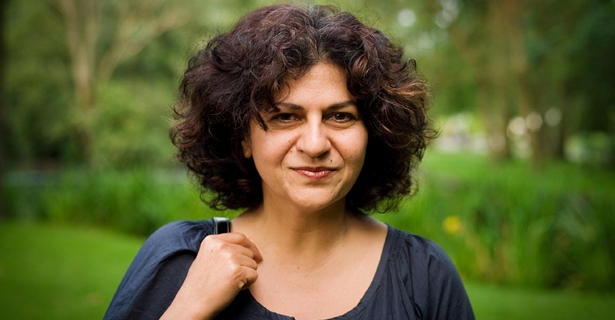PeaceWomen.org is a project of the Women's International League of Peace and Freedom, United Nations Office.
Fair Use Notice: This page contains copyrighted material the use of which has not been specifically authorized by the copyright owner.
PeaceWomen.org distributes this material without profit to those who have expressed a prior interest in receiving the included information for research and educational purposes.
We believe this constitutes a fair use of any such copyrighted material as provided for in 17 U.S.C § 107.




